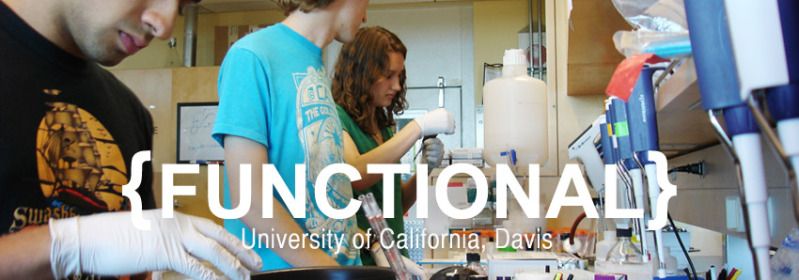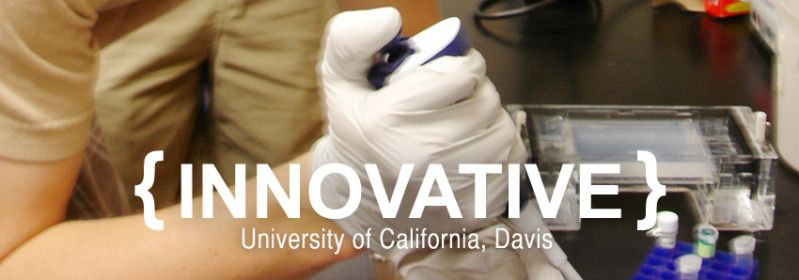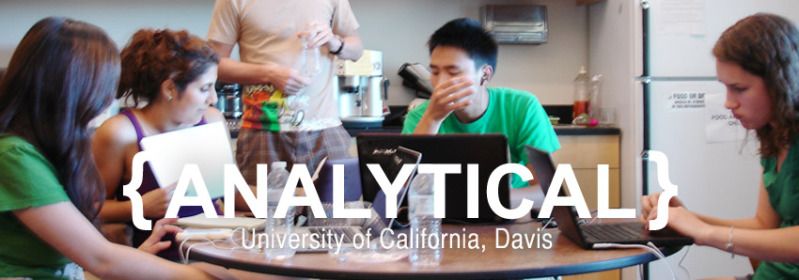Team:UC Davis
From 2012.igem.org
(Difference between revisions)
| Line 308: | Line 308: | ||
#slides { | #slides { | ||
position:relative; | position:relative; | ||
| - | height: | + | height:280px; |
width: 840px | width: 840px | ||
| Line 374: | Line 374: | ||
float:left; | float:left; | ||
background-color:rgba(143,143,143,0.7); | background-color:rgba(143,143,143,0.7); | ||
| - | margin-top: | + | margin-top: 15px; |
border-radius: 4px; | border-radius: 4px; | ||
border-left:2px solid #e8eff1; | border-left:2px solid #e8eff1; | ||
| Line 442: | Line 442: | ||
position: relative; | position: relative; | ||
width: 215px; | width: 215px; | ||
| - | margin-top: | + | margin-top:15px; |
float: right; | float: right; | ||
height: auto; | height: auto; | ||
| Line 628: | Line 628: | ||
</ul> | </ul> | ||
</div> | </div> | ||
| + | </div> | ||
| + | |||
| + | <div id="sponsorbox" class="sponsorfloat"> | ||
| + | <center> | ||
| + | <h2>Criteria</h2> | ||
| + | View our judging criteria for iGEM 2012 <a href="https://2012.igem.org/Team:UC_Davis/Criteria" style="color:#33FF33;">here</a>. | ||
| + | </center> | ||
</div> | </div> | ||
| Line 666: | Line 673: | ||
--> | --> | ||
| - | |||
| - | |||
| - | |||
| - | |||
| - | |||
| - | |||
</div> | </div> | ||
Revision as of 19:10, 15 August 2012




News
- Presented our respective project at the UC San Francisco campus. We interacted with teams from UC Berkeley, UCSF, and Stanford-Brown.
- Requested the protocal from the iGEM Washington 2011 team, July 10th.
- Field trip to Yolo County Landfill, June 27th. Met with Ramin Yazdani, the senior civil engineer at the landfill.
- Sushi buffet for lunch, June 21st
- First day of iGEM meeting, June 18th
Criteria
View our judging criteria for iGEM 2012 here.Welcome
Welcome to iGEM 2012 at UC Davis!
This year's UC Davis team is composed of ten undergraduates, two advisors, and a graduate student. We come from different areas of study, but we're all working together on this year's synthetic biology project. Due to the global impact of plastic pollution, we have decided to focus on biodegradation of polyethylene terephthalate (PET). PET is a commonly and widely used plastic, but only a small percentage of them are recycled, meaning a majority of the trash ends up in landfills and the oceans. It is a global issue, and achieving our goal would have a big impact on the issue of plastic degradation. "
"










